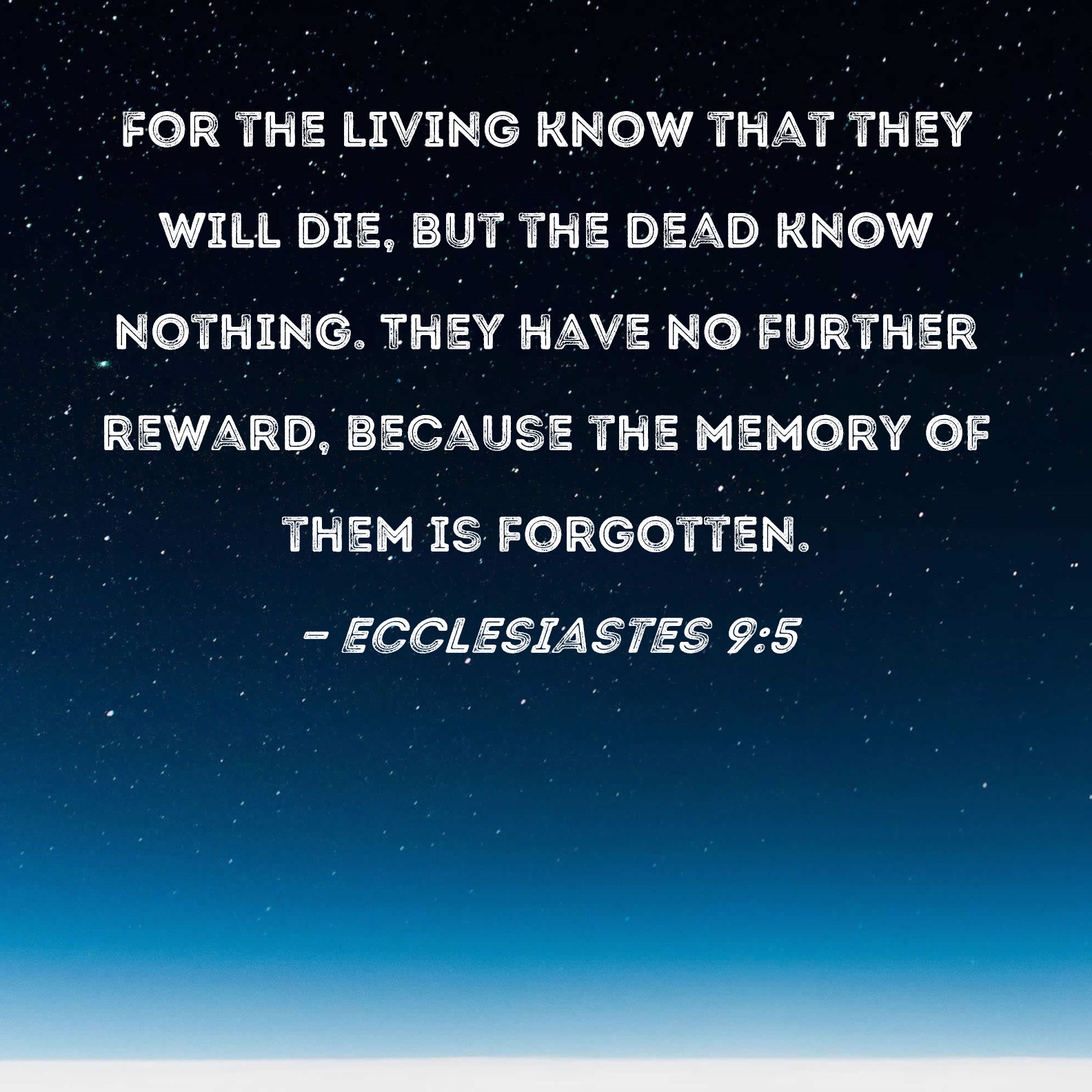nPeace
Veteran Member
The Jews seemed to have gone so far away from God, by the time the Messiah arrived, they had many of their own traditions and ideas.The King James version has the begger being carried to a place refered to as "Abraham's bosom":
"16:22 So it was that the beggar died, and was carried by the angels to Abraham’s bosom."
Apparently, the Bosom of Abraham was believed by some Jews of jesus's time to be a literal abode of the righteous dead:
"Bosom of Abraham" refers to the place of comfort in the biblical Sheol (or Hades in the Greek Septuagint version of the Hebrew scriptures from around 200 BC,"

Jesus - The Jewish religion in the 1st century
Jesus - The Jewish religion in the 1st century: Judaism, as the Jewish religion came to be known in the 1st century ce, was based on ancient Israelite religion, shorn of many of its Canaanite characteristics but with the addition of important features from Babylonia and Persia. The Jews differed...
There were, naturally, variations on each main theme. In Jewish Palestine, for example, there were three small but important religious parties that differed from each other in several ways: the Pharisees (numbering about 6,000 at the time of Herod), Essenes (about 4,000), and Sadducees (“a few men,” according to Flavius Josephus, in The Antiquities of the Jews 18.17). A largely lay group that had the reputation of being the most-precise interpreters of the law, the Pharisees believed in the resurrection of the dead. They also relied on the nonbiblical “traditions of the fathers,” some of which made the law stricter while others relaxed it. The Essenes were a more-radical sect, with extremely strict rules. One branch of the group lived at Qumran on the shores of the Dead Sea and produced the Dead Sea Scrolls. At some point in their history the Essenes were probably a priestly sect (the Zadokite priests are major figures in some of the documents from Qumran); however, the composition of their membership at the time of Jesus is unclear. Many aristocratic priests, as well as some prominent laymen, were Sadducees. They rejected the Pharisaic “traditions of the fathers” and maintained some old-fashioned theological opinions. Most famously, they denied resurrection, which had recently entered Jewish thought from Persia and which was accepted by most Jews in the 1st century.
Most Jews based their faith and practice on the five books of Moses (slightly modified by the passage of time) and rejected the extreme positions of the three parties. The Pharisees were respected for their piety and learning, and they may have exercised substantial influence on belief and practice. The Essenes were a fringe group, and those who lived at Qumran had dropped out of mainstream Judaism. Their interpretation of the Bible led them to reject the priests and the Temple as they existed in Jerusalem, and they looked forward to the time when they could seize control of the Holy City. To the degree that any of these parties had power, however, it belonged to the Sadducees. More precisely, the aristocratic priests and a few prominent laymen had power and authority in Jerusalem; of the aristocrats who belonged to one of the parties, most were Sadducees. According to the Acts of the Apostles (5:17), those who were around the high priest Caiaphas were Sadducees, which recalls the evidence of the Jewish priestly aristocrat, historian, and Pharisee Josephus.
Most Jews based their faith and practice on the five books of Moses (slightly modified by the passage of time) and rejected the extreme positions of the three parties. The Pharisees were respected for their piety and learning, and they may have exercised substantial influence on belief and practice. The Essenes were a fringe group, and those who lived at Qumran had dropped out of mainstream Judaism. Their interpretation of the Bible led them to reject the priests and the Temple as they existed in Jerusalem, and they looked forward to the time when they could seize control of the Holy City. To the degree that any of these parties had power, however, it belonged to the Sadducees. More precisely, the aristocratic priests and a few prominent laymen had power and authority in Jerusalem; of the aristocrats who belonged to one of the parties, most were Sadducees. According to the Acts of the Apostles (5:17), those who were around the high priest Caiaphas were Sadducees, which recalls the evidence of the Jewish priestly aristocrat, historian, and Pharisee Josephus.




